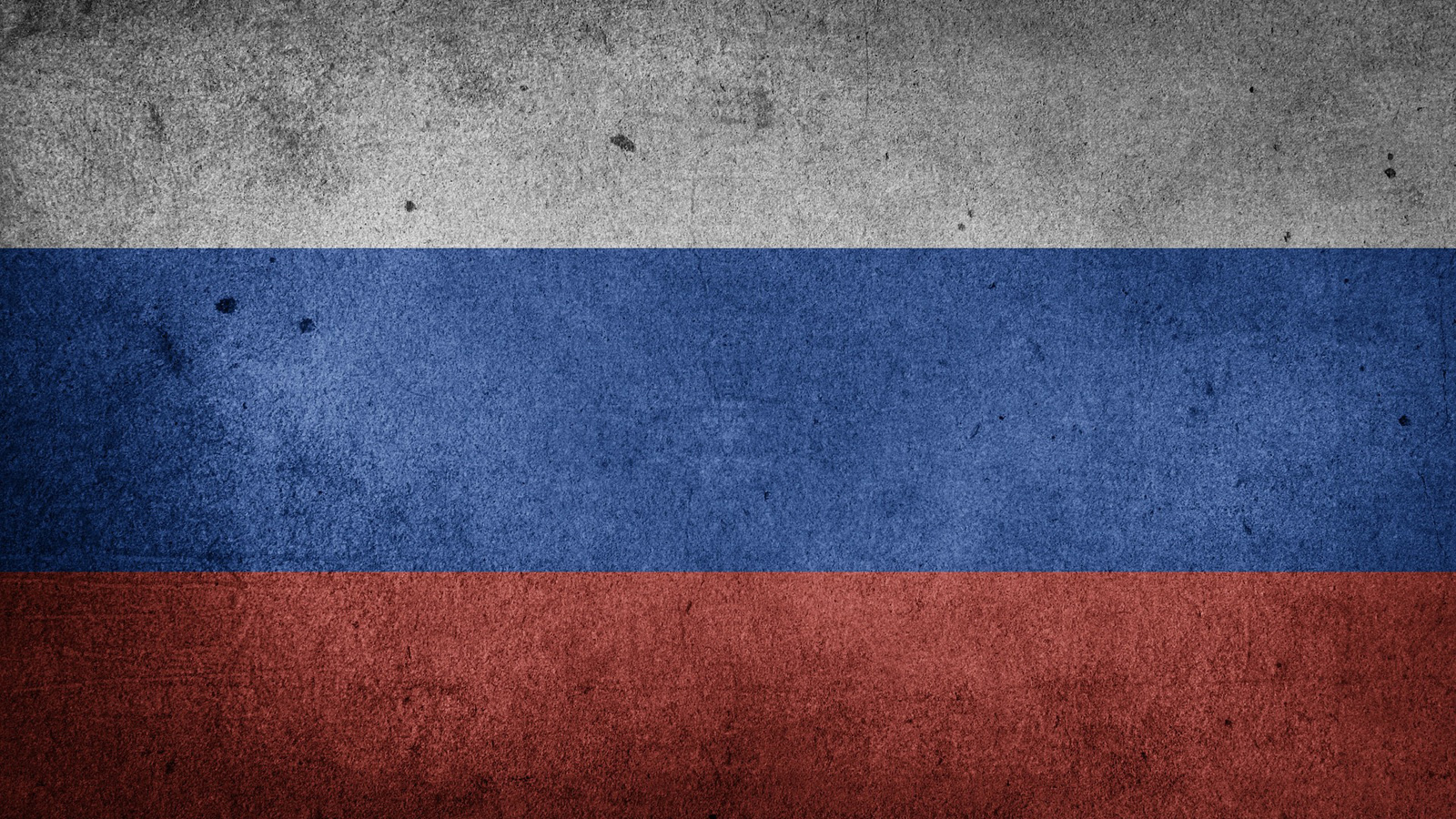
The Russian authorities are drafting a set of measures to support the country's economy against the pressure of foreign sanctions, and when it comes to software licensing, the proposal greenlights a form of piracy.
More specifically, the suggested plan is to establish a "unilateral" software licensing mechanism that would renew expired licenses without requiring the consent of the copyright or patent owner.
This special process will be eligible for cases where the copyright holder is from a country that has supported sanctions against Russia and only for products with no available Russian alternatives.
The move comes in response to numerous software vendors exiting the Russian market and suspending new license sales, most notably Microsoft, Cisco, Oracle, NVIDIA, IBM, Intel, and AMD.
Article 1360 of the Civil Code of the Russian Federation allows the government to "use of an invention, utility model, or industrial design without the consent of the patent holder" without permission as long as the patent holder is notified and a reasonable fee is paid.
"In the interests of national security the Government of the Russian Federation shall have the right to permit the use of an invention, utility model, or industrial design without the consent of the patent holder provided that he is notified as soon as possible and payment to him a reasonable remuneration," explains the Civil Code of the Russian Federation.
In multiple proposed amendments to the Russian Civil Code, the Russian Ministry of Digital Transformation wants to bypass compensation to license holders who are under sanction restrictions so that they can continue using the software.
"Amending Art. 1360 of the Civil Code of the Russian Federation regarding the use of a license and other types of rights to RIA and the abolition of compensation to foreign companies originating from states that have acceded to the sanctions Federal Law," reads the translated proposed amendments.
Russia's Ministry of Digital Transformation hopes that this emergency measure will help maintain the inertia of the local economy despite the drastic sanctions crushing the Russian economy.
Of course, software products that rely on cloud services or online verification will stop working, as unilateral signing can't help override the restrictions in these cases.
The proposal is, in essence, only lifting the legal repercussions of using pirate software in Russia, something that is otherwise very strictly enforced in the country, even abused as a pretense for site blocks.
Violation of copyright and related rights is part of the criminal code in Russia, punishable with up to six years in prison and fines of up to 500,000 rubles, or three years worth of the violator's wages.
However, the Russian state doesn't call this measure a piracy-enabler and warns that copyright infringement is still illegal and prosecuted, and this provision shouldn't be seen as an exemption to one's liability for using pirate software.
Other drastic measures
Although the Russian internet watchdog has been trying to censor information by taking unprecedented measures against western media, it appears that disconnecting the entire country from the "free" web is the only definitive solution for the purpose.
The so-called "runet", Russia's sovereign internet, has been in the making for years and was reportedly successfully tested for actual deployment with the collaboration of all large internet providers in the country last summer.
Today, leaked letters allegedly from the Deputy Minister of Digital Marketing and Mass Communications of the Russian Federation have appeared on Twitter, containing instructions to all organizations on how to prepare for connection to the runet.
Russia is preparing to disconnect from the global internet, limiting access to information for the Russian people. That means censorship, and we are totally against censorship of any kind. So... let's turn up the pressure! pic.twitter.com/4EhuTX9jRB
— Anonymous (@LatestAnonPress) March 6, 2022
Another key problem is processors, or at least they soon will be, as Russia is bound to face shortage and obsolescence problems soon.
In anticipation of this, the state attempted to push locally-made processors on various critical areas of the public sector, which was met by complaints even by the Ministry of Internal Affairs, which openly criticized the products for being weak and prone to overheating.
The most notable example is the Elbrus-8C made by MCST, an eight-core 1.3 GHz, 70W TDP processor built at an outdated 28-nanometer process and supporting up to DDR3-1600 memory.
In December 2021, the Ministry of Industry and Trade approved a 7.1 billion rubles fund ($92 million USD at the time) to help MCST speed up the development of new and better processors.


Post a Comment Community Rules
You need to login in order to post a comment
Not a member yet? Register Now